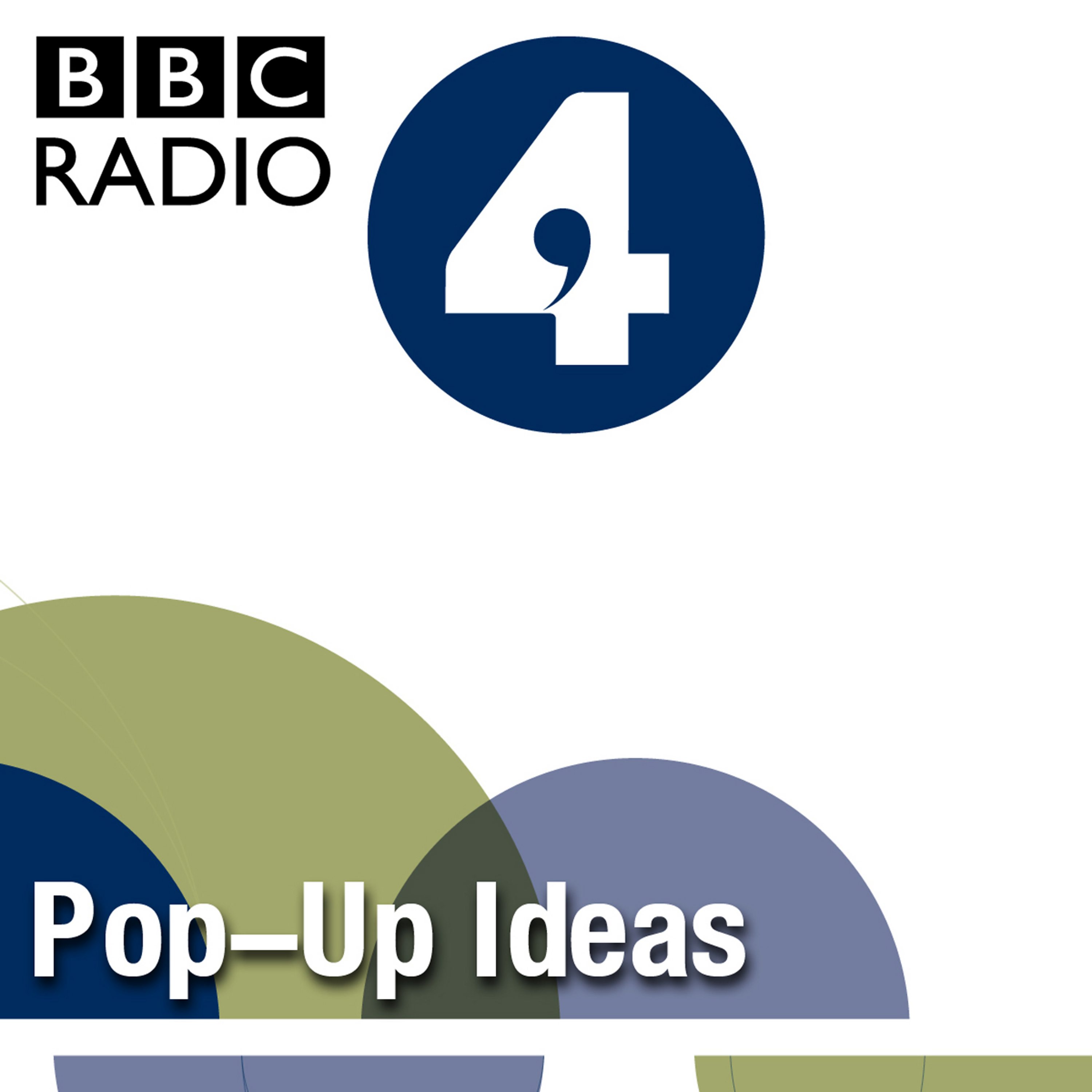Episodes
Published 01/01/14
"How boring would the world be," asks Simon Garfield, "if we knew precisely where everything was?"
Simon reflects on the many mistakes and deceptions in some of our best-loved maps. He begins with the map of the London Underground where lines on the map bears little resemblance to reality but is "informationally brilliant".
He talks about California, the subject of a "sustained cartographic foul-up": for 200 years it appeared on maps as an island, and it continued to do so even after...
Published 01/01/14
The geographer and polymath Jared Diamond argues that apparently slight differences in geography can have profound consequences for the culture and history of nations.
Published 12/25/13
Jerry Brotton, Professor of Renaissance Studies at Queen Mary, University of London, argues that how we see the world depends on where we stand on it.
He takes us back to the Hereford mappamundi - with its unicorns, griffins, cannibals and fabled cities - a world picture completely consistent, logical, and comprehensible to the England of 1300.
Google Hereford today, Professor Brotton says, and you find "a very different set of digital preoccupations"; not Babel or Jerusalem but how far we...
Published 12/18/13
Tim Harford returns with a new series of Pop Up Ideas. This time Tim and his guests tell intriguing stories inspired by maps.
In the first talk, Tim argues that maps - for all their beauty - can be dangerous. In the hands of powerful people, the map begins to shape the world in its image.
He tells the story of th Johann Gottlieb Beckmann, who mapped German forests. He developed the idea of the "normalbaum", a kind of platonic ideal of what a tree should be, which could be planted in neat...
Published 12/11/13
Tim Harford presents the last in the series, 'Pop-up Ideas'.
Tim explores the concept of 'The Tragedy of the Commons' - a term coined by the American ecologist Garrett Hardin in a hugely influential 1968 essay.
He compares Hardin's work to that of the American political economist Elinor Ostrom, to reflect on the impact of mankind on the world around us.
Producer: Adele Armstrong.
Published 07/30/13
One of the world's most influential counter-insurgency experts, David Kilcullen, whose ideas were described by the Washington Post as "revolutionizing military thinking throughout the West", talks about the time-bomb of rapidly-growing coastal mega-cities.
"It took all of human history until 1960 for the world to get 3 billion people," he says. "But the latest estimate is that we're going to add the same number of people in just the next thirty years - and they'll all be going into cities,...
Published 07/23/13
Tim Harford is joined by Gillian Tett for the second in this new series of talks inspired by ideas in anthropology and the social sciences.
The financial journalist describes how her background in anthropology led her to predict the financial crisis in 2008.
"For my doctorate I spent a year in a remote mountainous area of Tajikistan where I lived as a Tajik girl, wearing the local Atlas robes, fetching water and firewood and chasing goats," says Tett. She studied their rituals and social...
Published 07/16/13
Tim Harford (the Financial Times' 'Undercover Economist' and presenter of Radio 4's More or Less) is joined by Malcolm Gladwell, David Kilcullen and Gillian Tett for a new series, 'Pop-up Ideas'.
Following on from his earlier Radio 4 series 'Pop-up Economics', Tim and the others use key ideas in anthropology and the social sciences to tell fascinating stories about how we - and the world - work.
The talks are recorded in front of an audience at the Southbank Centre in London.
Malcolm...
Published 07/09/13
Tim tells the story of Chris Ferguson who applied game theory to poker and won - big time. But, as Ferguson would find out, there's always a bigger game.
Published 02/13/13
Tim Harford tells the story of Bill Phillips - war hero, engineer, crocodile-hunter, and one of the fathers of macro-economics.
Published 02/06/13
Tim Harford tells the story of Thomas Schelling, an economist who helped America and the Soviet Union to avoid nuclear war.
Published 01/30/13
Tim tells the story of Al Roth, who worked out how to create a clearing-house for kidneys.
Published 01/23/13
Tim Harford weaves together economic ideas with remarkable personal histories in some unusual locations. The presenter of Radio 4's More or Less speaks to an audience from a shop window on London's Regent Street, and turns his attention to heated pants and the business of innovation. He tells the moving story of Mario Capecchi, whose struggle to get funding for his experiments tells us much about where new ideas come from, and how to foster them.
Published 01/16/13


